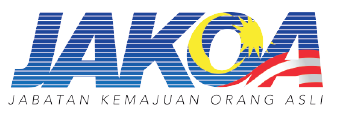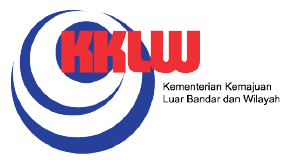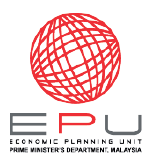
Jabatan Kemajuan Orang Asli or known as JAKOA, is the Malaysian government agency entrusted to oversee the affairs of the Orang Asli. This body is under the Malaysian Ministry of Rural Development, and was first set up in 1954. During the Malayan Emergency of 1948 to 1960, the Orang Asli became a vital component of national security, as with their help, the Malayan army was able to defeat the communist insurgents. Two administrative initiatives were introduced to highlight the importance of Orang Asli as well to protect its identity. The initiatives were the establishment of the Department of Aborigines in 1950, and the enactment of the Aboriginal Peoples Ordinance in 1954. After independence, the development of Orang Asli become the prime objective of the government where the government adopted a policy in 1961 to integrate the Orang Asli into the wider Malaysian society.

The RIDA is an organization established in 1951 with the general objective of providing comfort and elevating the socio-economic status of the rural population with the initial improvement of the infrastructure development and the development of the rural industry. RIDA’s mobile shop introduced on 15 January 1960 is an attempt to market rural products to foster the interest of rural people in the rural industry.

The Economic Planning Unit is a major government agency responsible for preparing a national development plan. This unit was established in 1961, where it grew from the Economic Secretariat of the Economic Committee of the Malaysian Federal Executive Council, is to “focus on development plans, high risk plans and all forms of external assistance”. During that year, the Government also established the National Planning Development Committee, with the Economic Planning Unit as its secretariat. While the Cabinet continues to maintain its primary responsibility for planning in the country, the National Planning Development Committee has been tasked with formulating, implementing, evaluating progress, and reviewing development plans. Since its inception almost 56 years ago, the UPE function is essentially unchanged despite additional functions in line with the emphasis on the transformation of development policy.